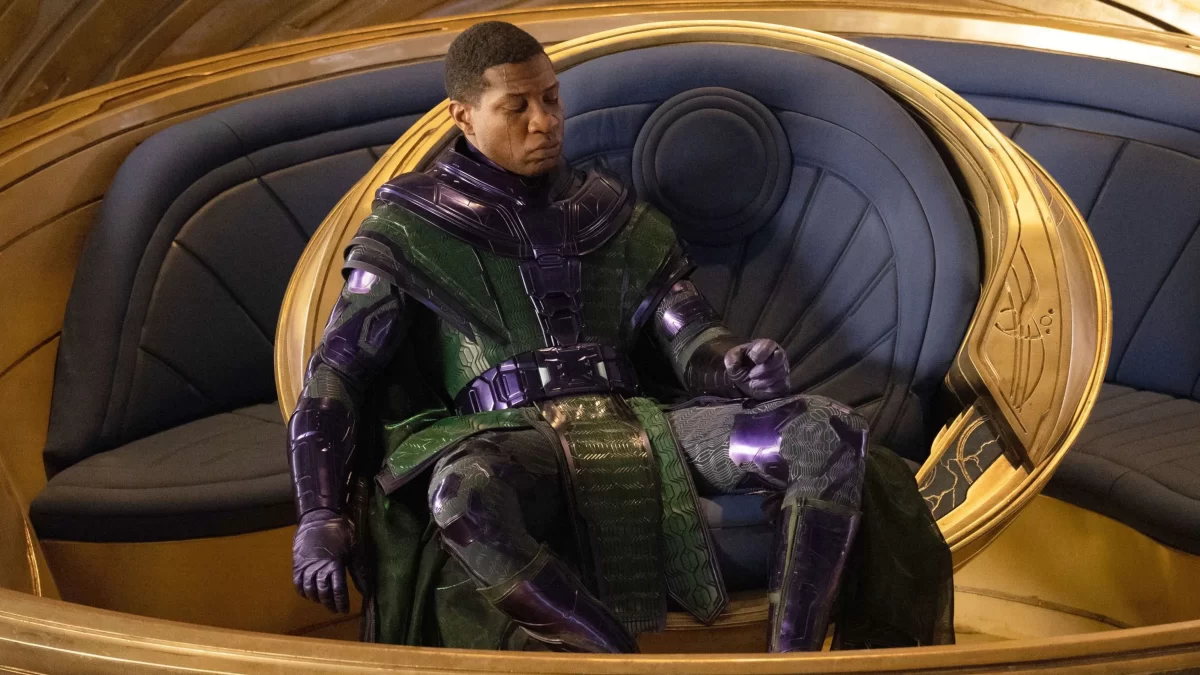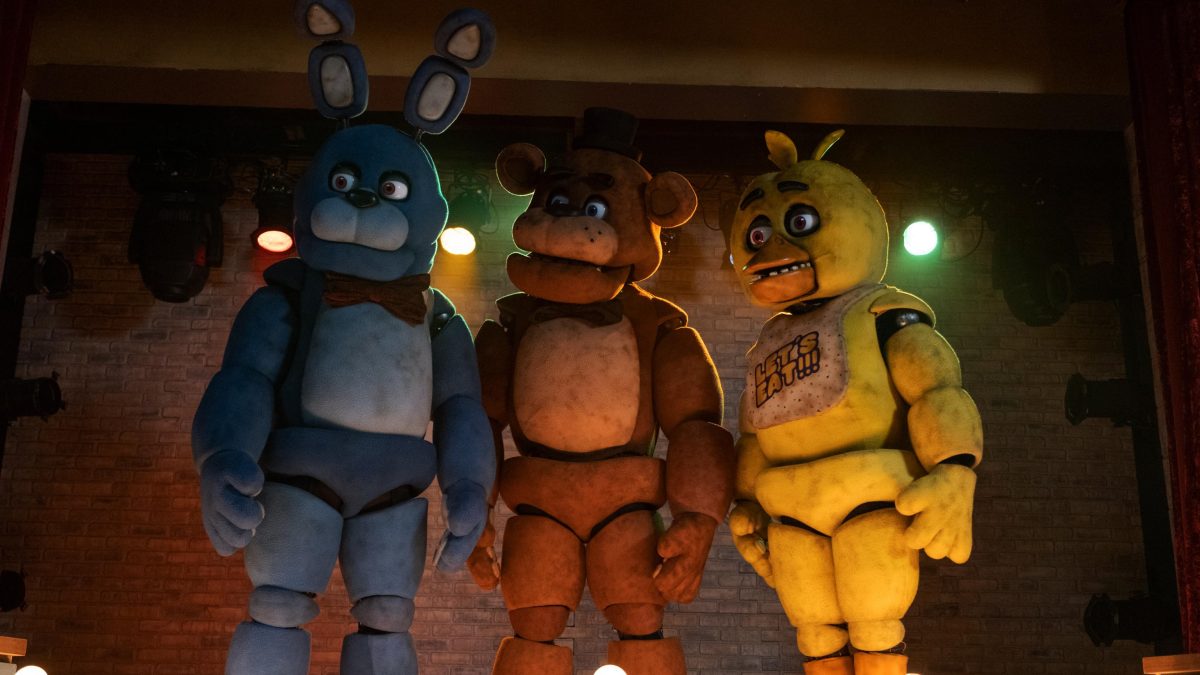By Alex Campbell
Misnomers: the bane of the intellectual world. Popularly used words and terms that are erroneously used to describe things, for example: tinfoil and jellyfish. Tinfoil is actually made out of aluminum for the most part, and jellyfish are not technically fish at all. Stuff like that, the insignificant little things that make us feel incredibly stupid when they are pointed out to us, are what most readily come to mind when misnomers are brought up. But in reality, misnomers can prove to be quite harmful as a barrier to understanding, especially when it comes to the more long-standing ones that have somehow managed to survive despite the passage of time.
One of history’s most stubborn misnomers that is still around in the world today is the use of the term “Indian” to describe Native Americans. This is an outright mistake in classification, born of a false assumption by a certain famous explorer that has stuck around for over 600 years.

When Christopher Columbus sailed the ocean blue in 1492 and “discovered” America, as many of you might already know, he was not actually looking for a new world, which would turn out to be THE New World, but rather for a way to reach the East Indies by traveling the then-unknown westward direction by sea. Europeans in those days had a rather racist habit of referring to all of South and East Asia collectively as “India” or “The Indies,” so naturally, not knowing at first that the place they had landed was about halfway around the world from where they thought they were, started referring to the natives as Indians. Even when they had realized that the Americas were most certainly not Asia, the misnomer stuck for whatever strange reason, and it has continued to stick for centuries, as it’s still clinging to our culture even now in 2016, 600 years later.
For example, today we have a baseball team called the Cleveland Indians, so named for a Native American player, and incidentally the team is sometimes referred to as the “Tribe” and the “Wahoos.” In addition, though perhaps having fallen out of use in recent years, is the term “Indian giver,” which is used to describe someone who gives something then expects it back. Both of these examples and many others all stem from that particularly stubborn misnomer.
Now, to say whether or not there would be questionable names of sports teams and racist words and terms used against Native Americans in the first place if the Indian misnomer never existed is a different matter entirely, but it seems all the more insulting when the misnomer itself is rooted in racism. It’s “just a matter of ignorance and lack of education. People getting used to what they’ve always said and not bothering to know better,” says Nathan Oakes, a part Mohican who works as a security guard for Loomis, as one of a few Native Americans interviewed for this piece.
However, despite all of that, there are a number of Native Americans out there who don’t mind being called Indians, while at the same time there are those who would argue that “Native American” itself is incorrect. For example, Pete Giove-Fourwinds had this to say on the matter of the various labels on Native Americans over the course of time: “I take the position that ‘American Indian’ is preferable to me, for two reasons: First, in general I’m not particularly supportive of the concept of ‘political correctness,’ though I do apply it as necessary. In 2016 I can’t very well walk through life being a dickhead. Second, as it applies to the indigenous population of this country, the term ‘Native American’ was coined by Congress. Despite being a longtime government employee, I believe there are some areas Congress has no business.
“Ideally the ‘proper’ term to use to refer to someone is whatever Tribe or Nation that person comes from or identifies with (Mohawk, in my case), but with over 500 identifies tribes in the United States, that’s nearly impossible unless you know a person well.”
This is the danger of misnomers, that if they are left to stand too long they become reinforced by common use in society until its to the point where we end up with situations where there is no clear answer anymore of how to overcome them. An open mind, education of the subject, and a certain amount of respect and tact should be employed before any label is used. There are a few excuses today when we live in a world where correct information is always at our fingertips and in our pockets.
Categories:
Misleading Misnomers: Is 'Indian' an accurate term?
November 10, 2016
0






